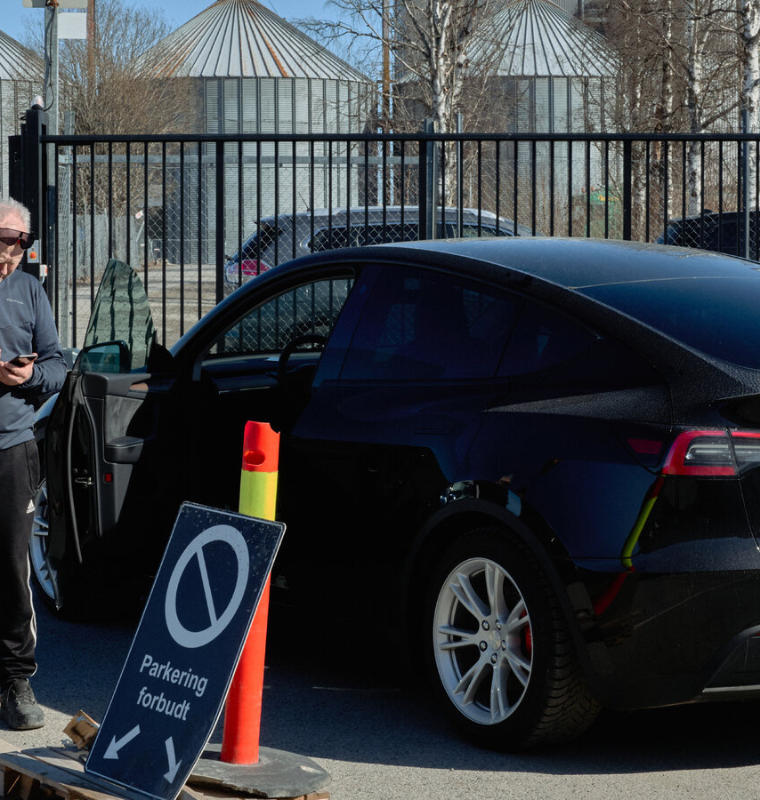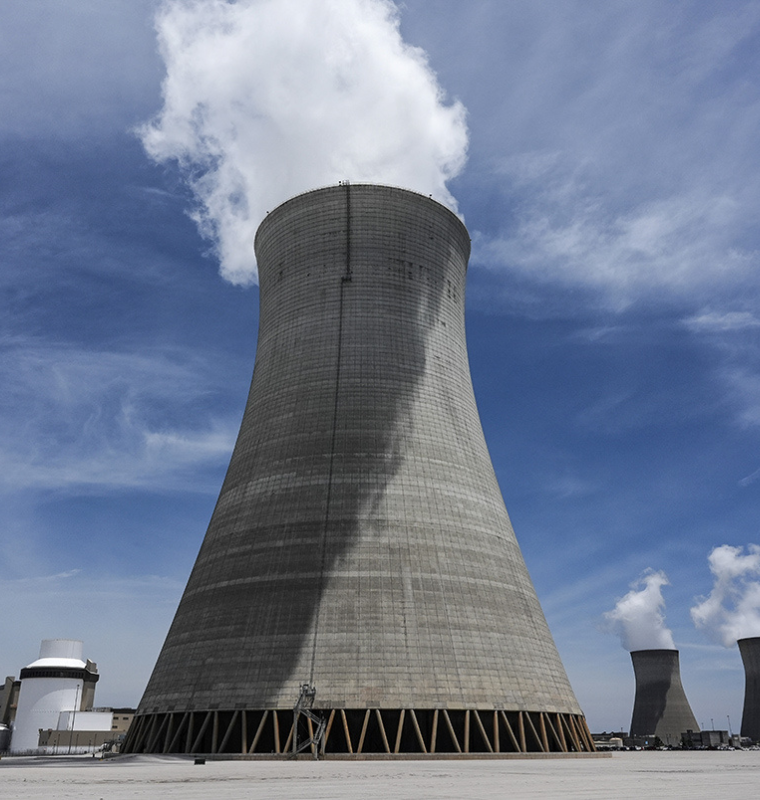EU Moves to Lift Tariffs on U.S. Industrial Goods, Unlocking Retroactive Cuts for Autos
EU Moves to Lift Tariffs on U.S. Industrial Goods, Unlocking Retroactive Cuts for Autos
By
Leah Rosenfeld
Last updated:
August 29, 2025
First Published:
August 29, 2025

Rows of Volkswagen ID Buzz electric buses are parked at the National City Marine Terminal, a major port for vehicle imports and exports to the U.S. | Kevin Carter | Getty Images News | Getty Images
The European Union has formally proposed removing tariffs on U.S. industrial goods, a move designed to ensure that Washington reciprocates with cuts on automobile imports. The European Commission stated that the plan would make tariff relief for the EU automotive sector retroactive to August 1, providing immediate benefits for manufacturers and exporters.
Details of the EU Proposal
The European Commission highlighted that the tariff removal on industrial goods, combined with preferential market access for certain U.S. seafood and agricultural products, will strengthen stability and predictability in EU-U.S. trade relations. Officials said the measure aims to benefit businesses, workers, and consumers on both sides of the Atlantic.
The proposal now requires approval from the European Parliament and Council. Once enacted, it fulfills a key element of the U.S.-EU framework trade agreement announced at the end of July, following weeks of intense negotiations.
Background of the Trade Deal
Under the agreement, the U.S. committed to reducing tariffs on EU autos retroactively from the start of August. Previously, President Donald Trump had imposed a 15% tariff on most European goods, including cars, after initially threatening a 30% levy. The agreement also includes commitments from the EU to purchase $750 billion in U.S. energy and invest at least $600 billion in the U.S., further strengthening economic ties.
Economic Implications
Analysts expect the tariff removal to boost transatlantic trade flows significantly, benefiting major EU automakers and U.S. industrial exporters alike. The retroactive nature of the cuts ensures that companies already affected by duties earlier in August can expect immediate relief, while the broader agreement fosters long-term predictability in cross-border investments and commercial planning.
This step signals a renewed effort by both sides to stabilize global supply chains and create a more cooperative environment amid ongoing trade tensions and geopolitical uncertainty.
Popular articles
Subscribe to unlock premium content
How Personalized VR Meditation Experiences Are Becoming a Luxury Niche

Why High-End Pet Clothing Is a Multi-Million-Dollar Trend in the Middle East

The Tiny Italian Island of Procida and Its Billion-Euro Film Tourism Boom

How Personalized VR Meditation Experiences Are Becoming a Luxury Niche

Why High-End Pet Clothing Is a Multi-Million-Dollar Trend in the Middle East

How Personalized VR Meditation Experiences Are Becoming a Luxury Niche









